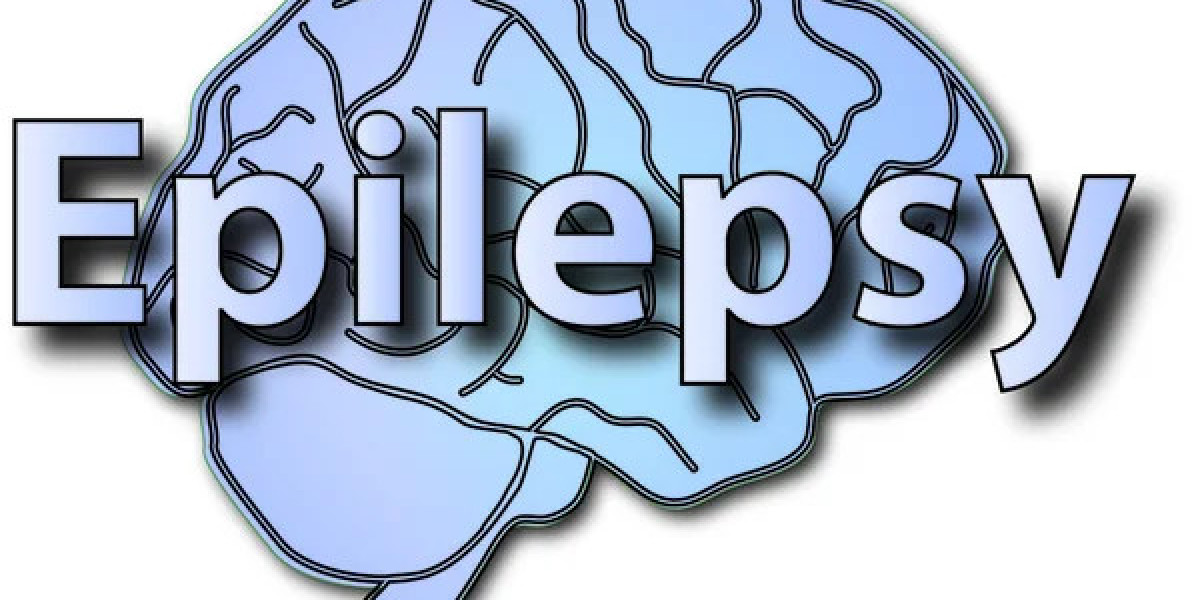Introduction:
Millions of individuals worldwide suffer from epilepsy, a neurological illness marked by recurring seizures. Even while seizures are the primary symptom of epilepsy, those who have it frequently experience other health issues, called comorbidities. These co-occurring conditions may have a major effect on patients' general health and quality of life. Effective epilepsy management necessitates a thorough strategy that takes into account related comorbidities as well as seizures. The common comorbidities linked to epilepsy will be examined in this essay, along with management techniques.
Comprehending Epilepsy and Comorbidities:
Epilepsy is a multifaceted neurological condition marked by irregular brain electrical activity that results in recurring seizures. Different sorts of seizures might appear, such as convulsions, unconsciousness, and strange feelings or actions. The main symptom of epilepsy is seizures, but many people also have other medical disorders called comorbidities that coexist with epilepsy.
Common Conditions Associated with Epilepsy Comorbidities:
1. Psychiatric Disorders:
Among the most common comorbidities in epileptics are mood disorders, anxiety disorders, and depression. The high frequency of both epilepsy and psychiatric illnesses can be attributed in part to the psychological effects of living with a chronic ailment and the neurobiological elements that underlie both conditions.
2. Cognitive Impairment:
Memory, attention, and executive function issues can result from epilepsy's impact on cognitive function. Cognitive impairment can have a major impact on one's ability to function in school and at work as well as one's general quality of life.
3. Sleep Disorders:
Insomnia, sleep apnea, and excessive daytime sleepiness are common sleep disorders among people with epilepsy. A vicious cycle of dysfunction can be produced by sleep patterns that are disturbed, which increases seizure activity and impairs cognitive performance.
4. Neurodevelopmental Disorders:
Attention-deficit/hyperactivity disorder (ADHD) and autism spectrum disorder (ASD) are two neurodevelopmental disorders that frequently coexist with epilepsy. These illnesses and epilepsy have a complicated association, with genetic and neurological similarities playing a role in their co-occurrence.
5. Physical Health Conditions:
In addition to having epilepsy, some people also suffer from diabetes, obesity, or cardiovascular disease. The management of these diseases can be further complicated by lifestyle variables or antiepileptic medicines that exacerbate the problem.
Managing Comorbidities and Epilepsy:
A multidisciplinary strategy that takes into account the individual needs of each patient is necessary for the effective management of comorbidities and epilepsy. Important tactics consist of:
1. Comprehensive Medical Care:
Individuals with epilepsy should undergo routine medical examinations to track the occurrence of seizures, gauge the effectiveness of their medications, and check for co-occurring conditions. In order to create individualized treatment programs that target epilepsy and related disorders, healthcare professionals should work together.
2. Psychosocial Support:
Therapy and counseling are important components of mental health treatments that help manage psychiatric comorbidities in people with epilepsy. Patients and their families might also benefit from the practical and emotional help that support groups and community services can offer.
3. Lifestyle Modifications:
Changing to a healthier way of living can help control concomitant conditions as well as epilepsy. This include controlling stress, eating a healthy diet, exercising frequently, and abstaining from drug usage. People with epilepsy and sleep difficulties should pay special attention to maintaining proper sleep hygiene.
4. Medication Management:
The mainstay of treatment for epilepsy is antiepileptic drugs, which can, however, aggravate certain comorbidities and combine with other drugs. In order to reduce side effects and maximize therapeutic outcomes, healthcare practitioners should closely evaluate medication regimens and alter doses as necessary.
5. Seizure Monitoring and Prevention:
Patients can measure the frequency of their seizures and pinpoint triggers by using seizure diaries or electronic monitoring devices. Reducing the likelihood of seizures and enhancing overall seizure control can be achieved by avoiding known seizure triggers, such as sleep deprivation and alcohol use.
6. Educational Support:
People with cognitive impairments and epilepsy may benefit from tutoring or specialized instruction. It is important to let educators and employers know about the person's condition and any accommodations that are required to maximize their performance in the classroom or at work.
In conclusion,
Patients' quality of life can be greatly affected by comorbidities, which are a common aspect of epilepsy, a complex neurological illness. Effective epilepsy management necessitates a comprehensive strategy that takes into account related health issues as well as seizures. The difficulties presented by comorbidities can be overcome by healthcare practitioners by providing comprehensive medical treatment, psychosocial support, medication management, lifestyle adjustments, seizure monitoring, and educational assistance to people with epilepsy so they can lead satisfying lives. Sustained investigation and cooperation are necessary to advance epilepsy treatment and improve results for those who are impacted.

